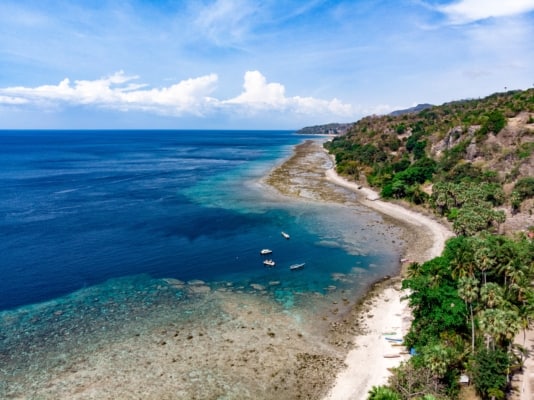Over the next three years, DLP’s international research projects will address our key research questions:
How is leadership understood in different contexts?
There is no universal conception of ‘leadership’. What leadership actually means, and what leaders are expected to do, is always context-specific and often deeply contested.
What leadership is for, and who can become a leader, is often based on the prevailing values and ideas in society about what’s right and legitimate. Leaders can be legitimate for different reasons – because of their identity, skill, outputs, or elite status. Understanding these sources of authority and legitimacy is important for understanding what people expect from leaders.
DLP projects will examine leadership as a socially constructed, relational concept. We will undertake surveys of perceptions of leadership legitimacy, to understand what factors make people more or less likely to support leaders with different combinations of identity, values, skills and attributes or leadership styles.
Where do leaders come from?
Developmental leadership cannot happen without individuals who are motivated, willing and capable of pursuing change.
The motivation and values of (future) leaders is shaped by their personal history, identity, and educational experience. But in order to exercise the political agency required to change institutions – whether it’s pushing through legal reforms at the macro level, or agitating for women’s rights at the local level – motivation alone is insufficient. Even the most willing agents need a combination of power and opportunity to realise their goals. Understanding where leaders come from also requires understanding how they navigate institutions and accrue the necessary power to act.
DLP projects will explore individual’s pathways to leadership across a range of contexts, from the village to the regional level. We will adopt a leader-centred approach, focusing on the everyday choices and dilemmas that individual leaders confront, and how they resolve them to shape their environment and opportunity structures.
How do leaders collectively change institutions?
Developmental leadership is a collective process. It relies on individuals overcoming barriers to cooperation to form collectives with sufficient power, legitimacy and influence to pursue change.
Even the most powerful leaders cannot bring about change single-handedly. They have to work together to overcome significant barriers to cooperation, and form alliances, interest groups, networks, or formal or informal coalitions with shared goals. The characteristics, identity and inclusiveness of formalised or informal alliances matters for their local legitimacy and effectiveness. Once formed, collectives have to convince key stakeholder to back reform, often by contesting and de-legitimise the ideas that block change, and embedding new ideas.
DLP projects will examine how collectives form, and how the build their legitimacy and effectiveness. We will trace the process of how alliances work to change ideas, and how they frame reforms and campaign messages to mobilise popular support and overcome opposition. We are particularly interested in how collectives tackle entrenched gender norms or religious beliefs they view as oppositional to their aims.
How can developmental leadership be supported?
Developmental leadership can be carefully supported by internal and external actors. Aid agencies can support individual leaders’ motivations, values and capabilities, and create the space for collectives to form and operate.
Development partners have important resources at their disposal that can be used, with varying levels of effectiveness, to support developmental leadership. But using them effectively often requires thinking and working politically. Supporting these complex, unpredictable and non-linear change processes also requires ongoing analysis and more creative approaches to monitoring and evaluation. This also applies to partner governments and civil society actors who work to influence domestic change processes.
DLP projects will examine how different agencies have worked politically to support the emergence of developmental leadership. They will compare different approaches to support – including financing and donor visibility – and its effects on the perceived legitimacy and effectiveness of local collective action.










